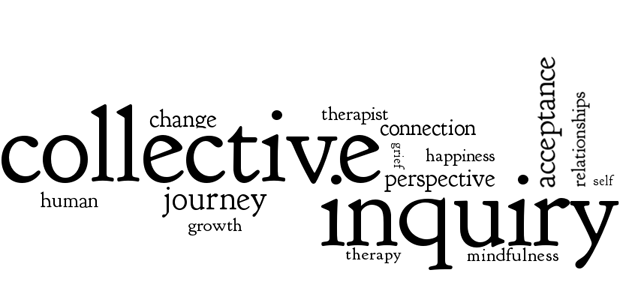

As a therapist (and as a human), I am often eager to jump in and get started on making change. After some time, I realized that my enthusiasm doesn’t always match the person who seeking guidance. There could be many reasons for this, one among them is that everyone comes in at a different point of the ‘stages of change.’
The stages of change are: Pre-contemplation (no intention to change behavior ), Contemplation (you are aware that a problem exists, but are not committed to making a change), Preparation (you have intention to change and are preparing to do so), Action (you modify behaviors, experience, or environment to overcome problem), and Maintenance (maintaining behavior and integrating it into your life).
These stages are very useful in meeting the client where they are, rather then assuming that everyone is already at a place to take action.
But, this post is less about that and more about how I have learned the hard way that I may not be the person that is present for the end (or even the middle) stage of change. Going into the field, I had the false expectation that I would see many clients through their presenting issues from beginning to end. We would come up with goals together and after a certain amount of sessions, they would would walk away wiser and happier.
Instead, I found that more often then not, I was just there for a piece of their story. Depending on where they are in the stages of change, I may not see the outcome they are striving for. And at first, that made me feel like I had very little impact. But then I came to terms with the idea that being there for just one part of a story can mean just as much. Perhaps something they learned in session won’t take effect for months or years from now, but you never know what will take hold. I may go in with a certain expectation, but the client is the one that holds the power and the story.
The lesson is to not feel defeated if you don’t see the tangible change you anticipated. It looks different on everyone, and perhaps you are placing expectations on someone to act a certain way who has not ready to acknowledge that a problem exists. Nevertheless, your role in other’s life is important at all stages. Patience and humility is important to moving forward– you are doing the best you can and you have to trust that change will take place when it is meant to.
Share your thoughts
No Thoughts About Stages of change